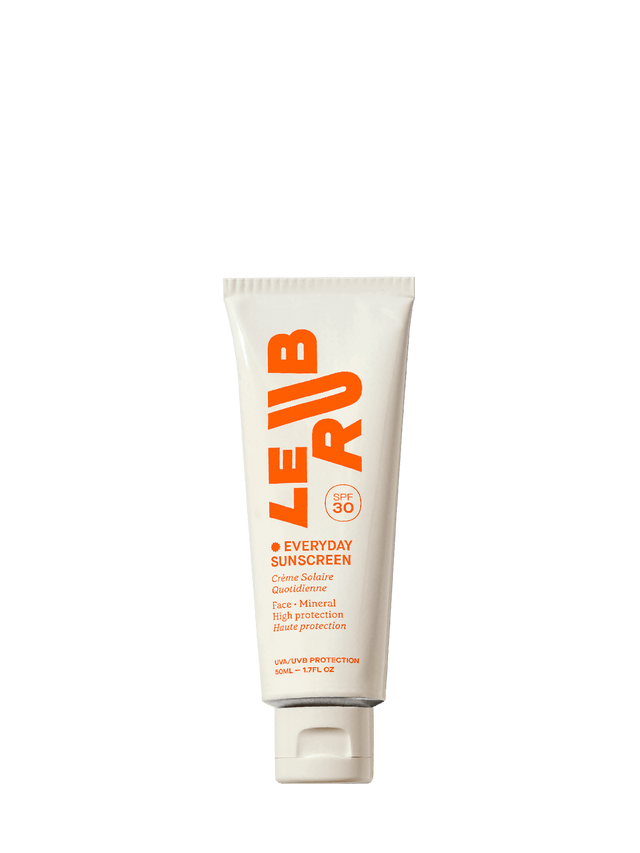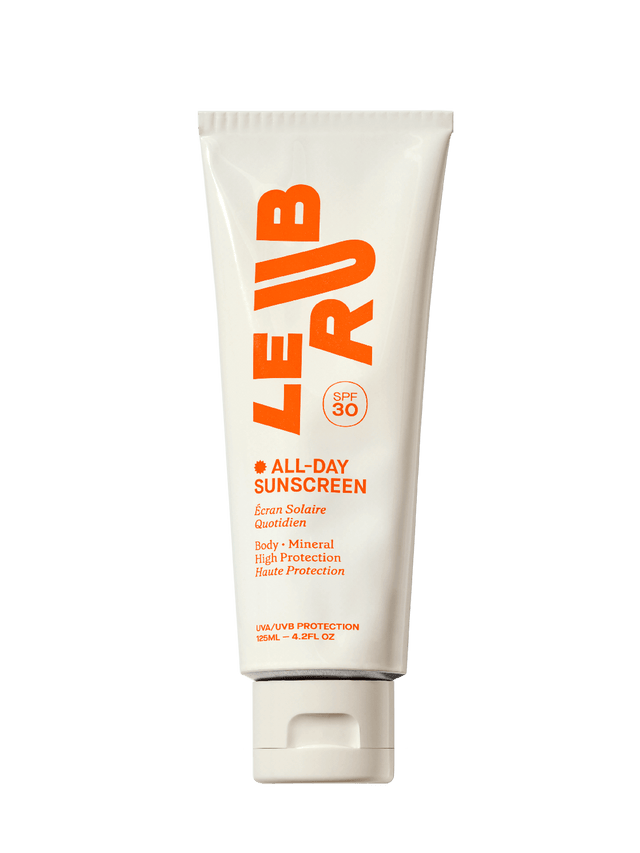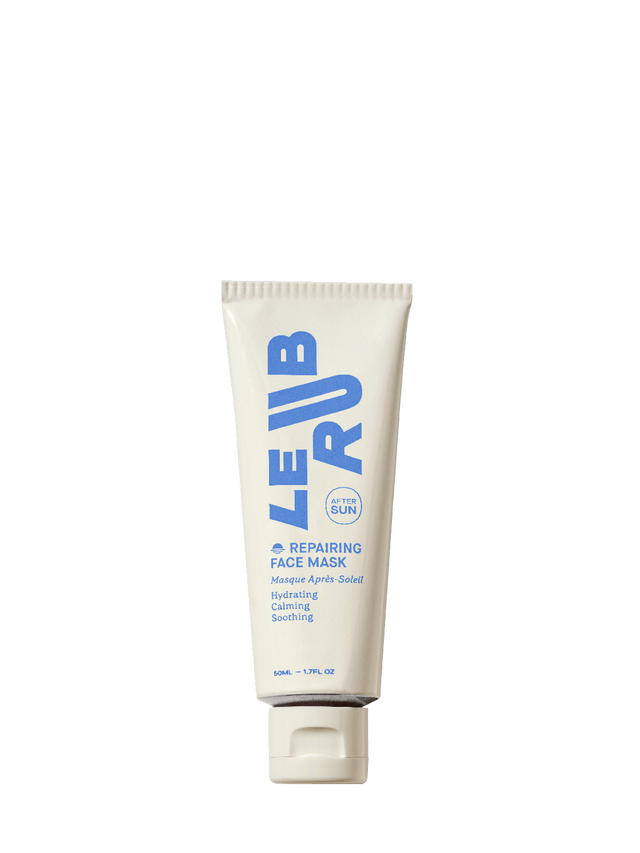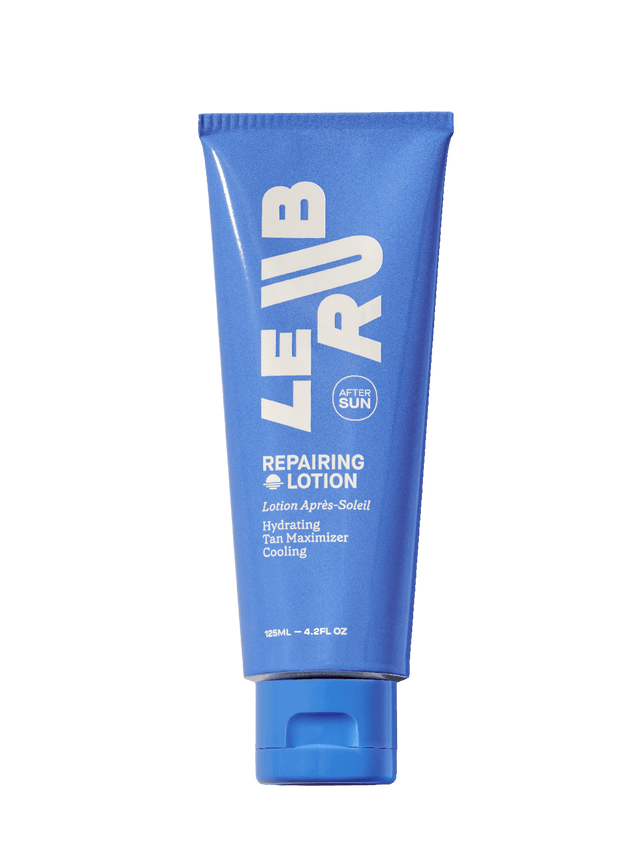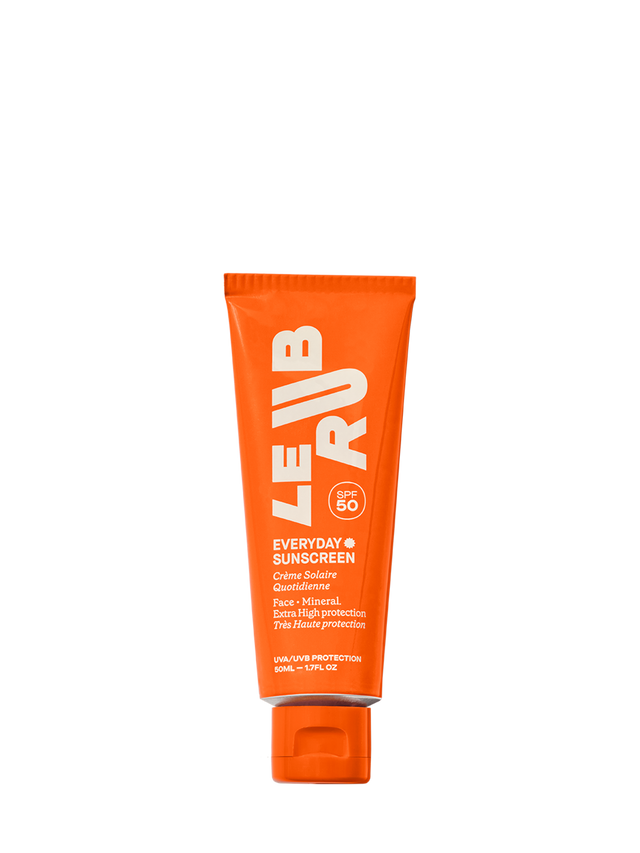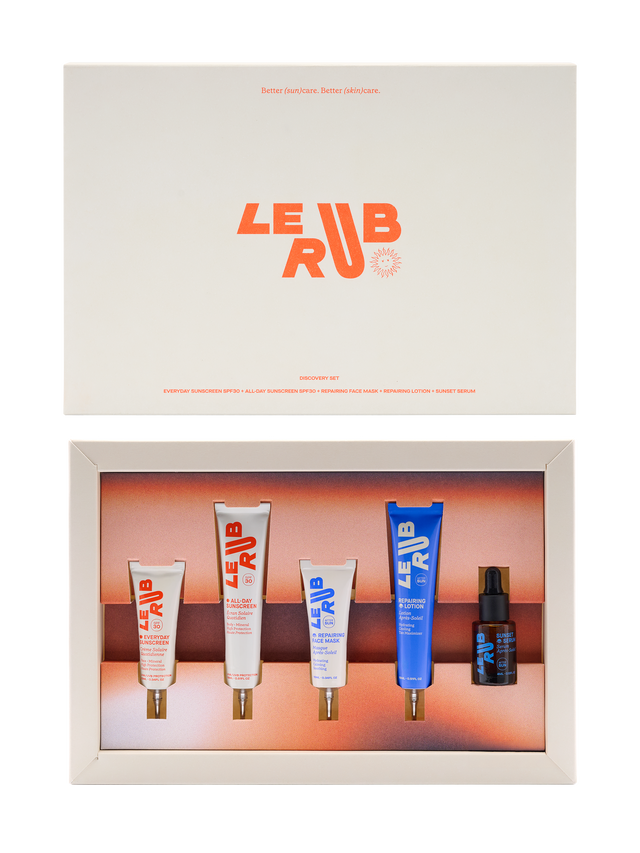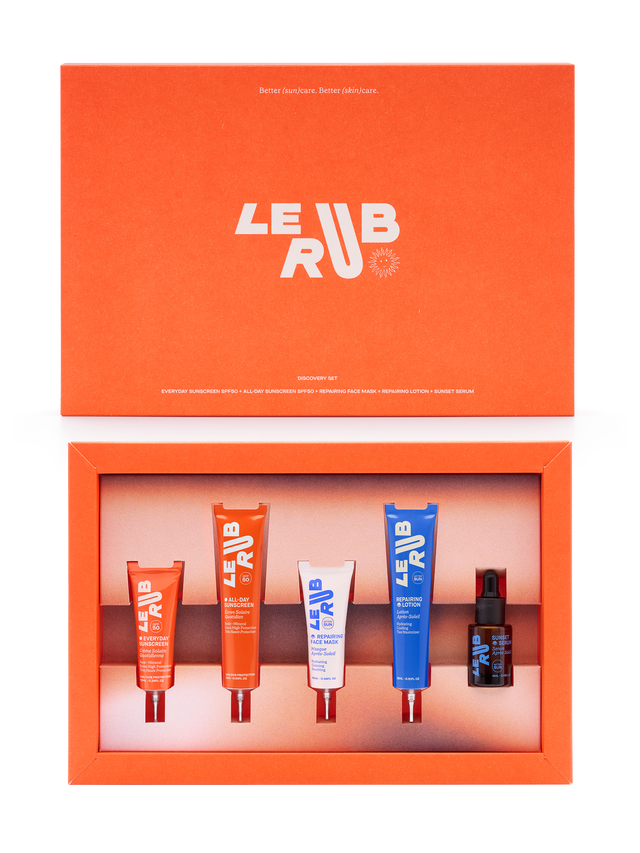If you’re lucky to hit the slopes this winter, you’ll probably remember to pack warm layers, such as hats, gloves, your favourite puffer jacket and even your best pair of sunglasses. But what about packing all the right stuff for your skin too? We’ve got you covered.
Using SPF in snowy conditions is highly recommended - here’s a little breakdown to explain why, and help you adapt your skincare routine.
Why do you need sunscreen in the snow?
Snow & Ice Reflect Sunlight Intensifying UVA/UVB Rays
First of all, snow is highly reflective, especially when it comes to UV radiation. Fresh snow reflects up to 80% of UV rays*, nearly doubling your exposure compared to non-snowy environments. This means that even if the sun isn’t directly shining in your face, its rays can bounce off the snow and reach your skin from multiple angles, increasing your risk of sunburn.
Higher altitude, Higher UV
When you reach a high altitude, the UV index goes up, just like you do. If you're skiing, snowboarding, or engaging in any high altitude activity, UV radiation increases. That’s because the atmosphere is thinner and absorbs less UV radiation as you go higher. For every 1,000 meters you go up, UV exposure increases by 10%*. This means up the protection, SPF 30 or higher, and make sure to reapply every two hours if you’re out for an extended time.
Dry air, dry skin
High-altitude areas tend to have low humidity levels which, you guessed it, can dehydrate the skin. This lack of moisture in the air pulls water from the skin, leading to dryness, flakiness, and in worst cases irritation. This is something you’ve most likely noticed on our hands or lips, because they’re most exposed and have less natural oil protection - take it as a signal for your entire face and body. Even if it doesn’t show instantly, that’s your skin’s polite way of asking for hydration. Our products work great on lips and hands too, so make sure to give your skin what it asks before it starts screaming (such as inflammation, irritation and all kinds of skin tantrum).
Better view, worse oxygen levels
As you reach higher altitudes, oxygen levels decrease, which can slow down circulation in the skin. This can lead to a dull, tired-looking complexion, and for the sensitive type, it’s a sure recipe for skin inflammation. Combine this with the higher UV exposure, and you’ve got yourself an increased production of free radicals in the skin - which leads to fine lines, wrinkles, and a loss of skin elasticity over time*.
What it means for your skincare routine:
Use stronger protection
Our Everyday Sunscreen starts at SPF30, and that’s exactly what you need to face the stunning but damaging sun on glistening snow. Remember to take it on the slopes with you, to reapply every two hours - and to show it a good time!
Up your hydration game
No dry skin or chapped lips on our watch. Our Repairing Face Mask is here to help! With Hyaluronic acid delivering ultimate hydration, Aloe Vera and Cucumber Juice to soothe skin - it’s the perfect ally to keep your skin soft and supple.
Protect that glow
Nothing better than a winter sun kiss. To keep your healthy looking glow, and make it last, use our Sunset Serum morning and evening. Rich in Vitamin C, packed with anti-oxidants, with Hyaluronic acid for deep hydration, it’s your year round skin’s best friend. Simply apply a few drops twice daily, and get ready for a big glow.
